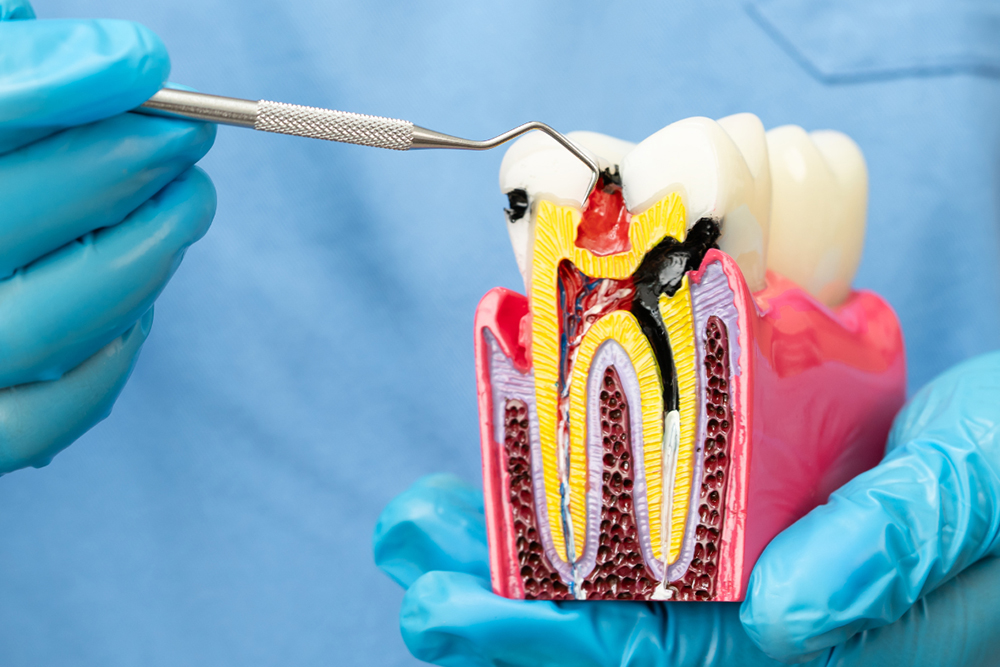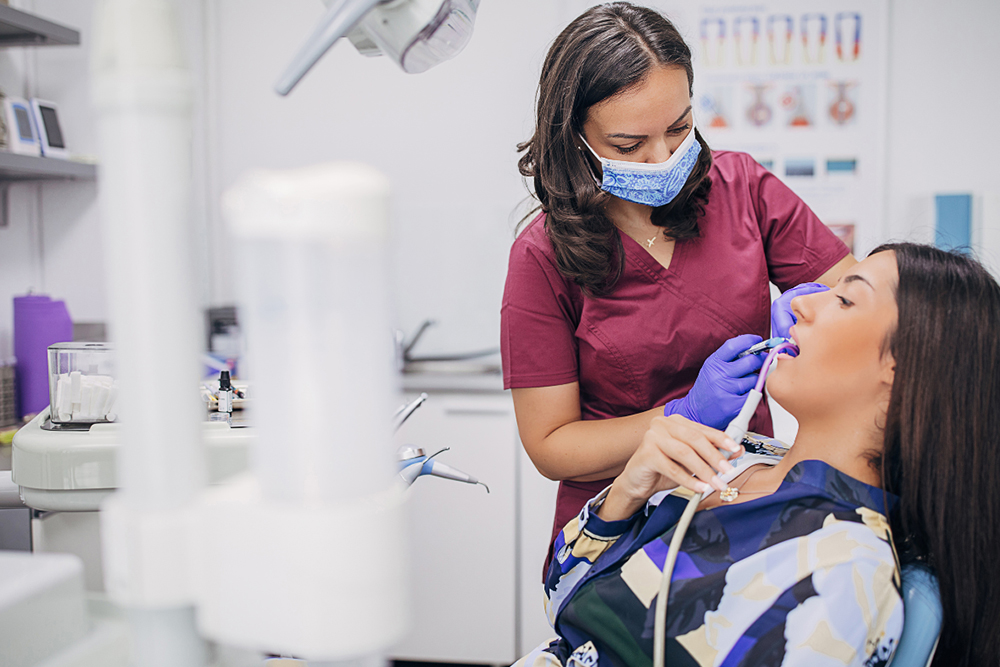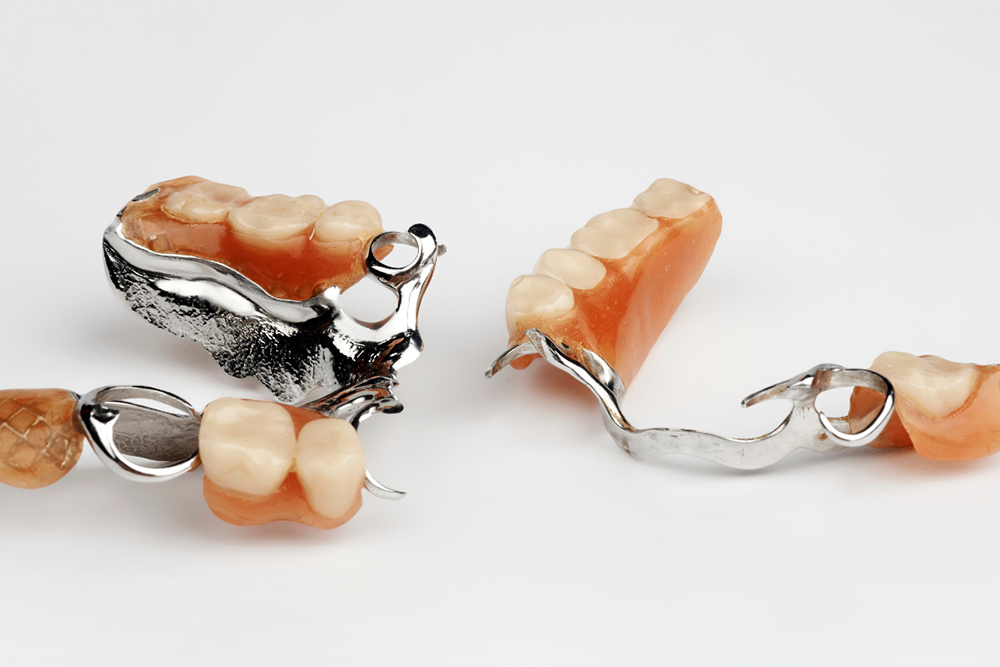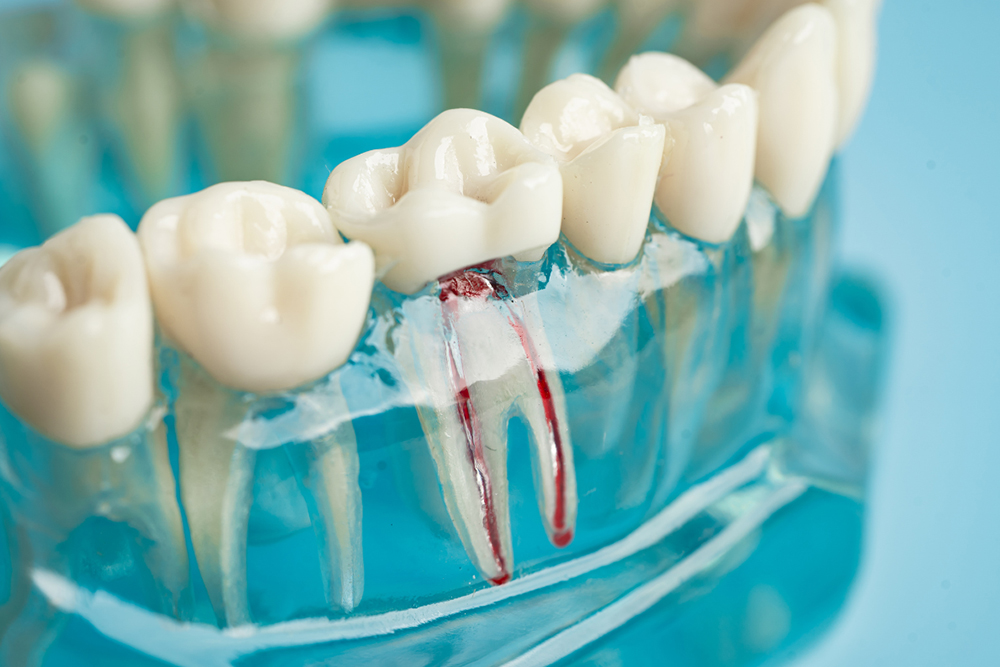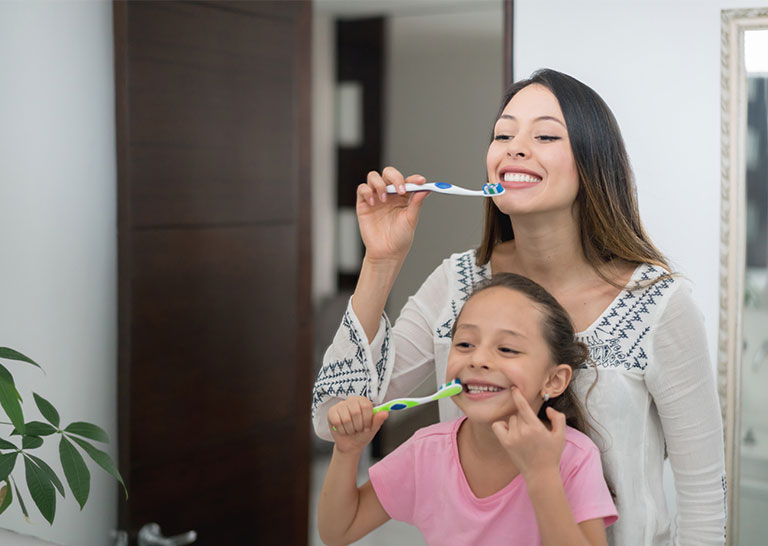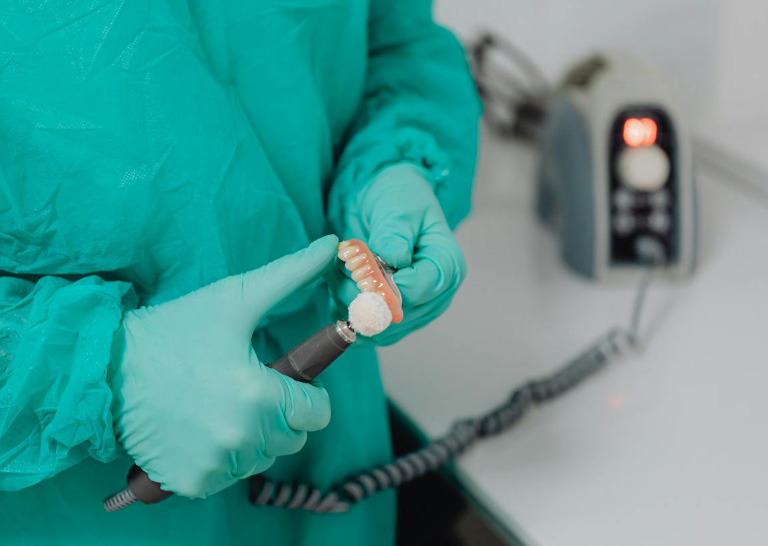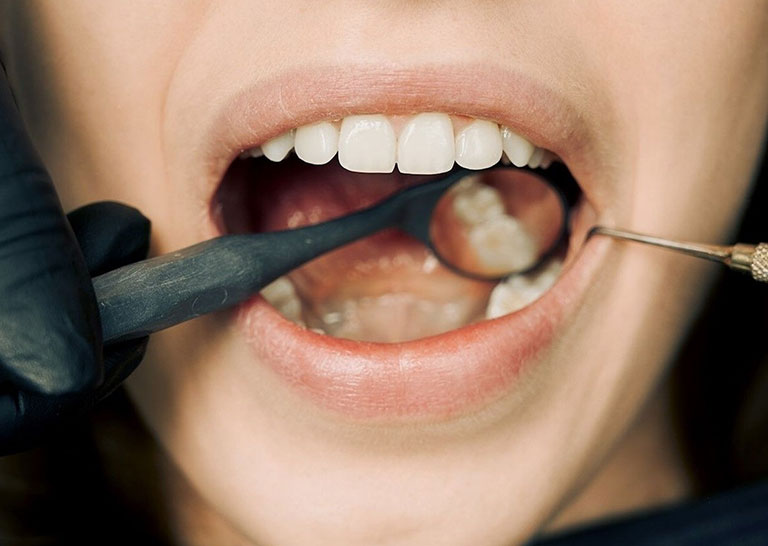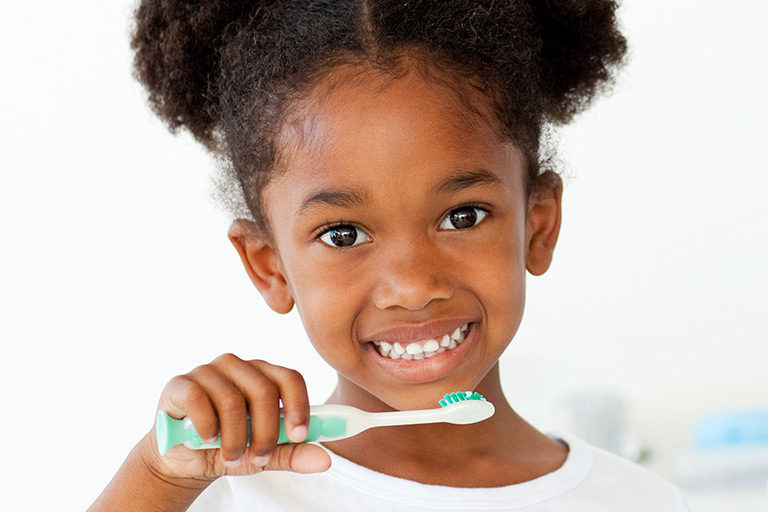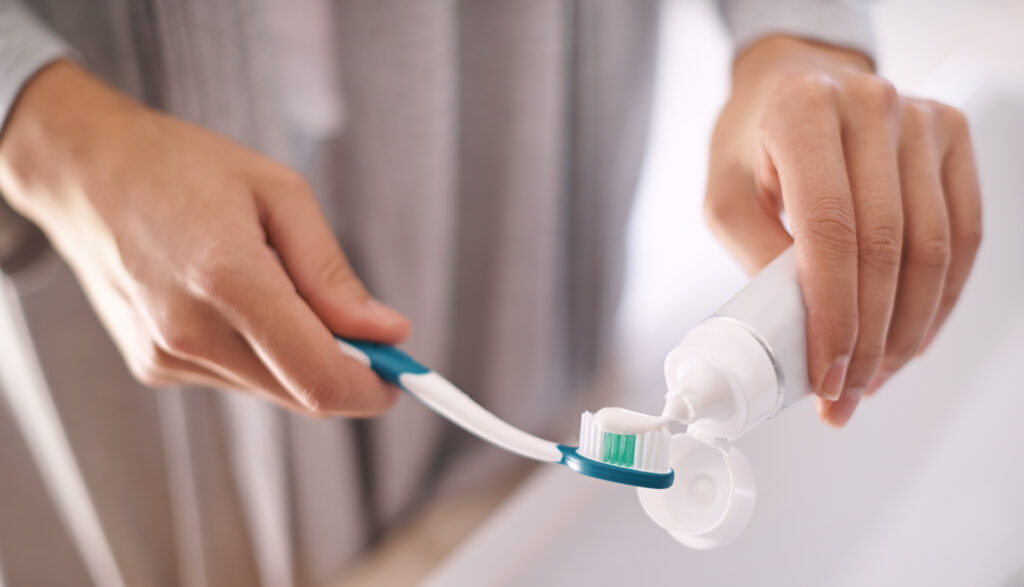Blog
Family Dentist in Windsor: Teaching Kids Good Oral Hygiene
June 14, 2025 / DENTISTRY

Why Early Dental Habits Matter According to Family Dentists in Windsor
Establishing proper oral hygiene habits during childhood creates the foundation for lifelong dental health. Furthermore, family dentists in Windsor consistently emphasize that early intervention prevents costly dental problems later. Additionally, children who learn proper oral care techniques early are significantly more likely to maintain these habits as adults.
Many Windsor parents wonder when they should begin focusing on their child's oral hygiene routine. Surprisingly, dental professionals recommend starting before the first tooth even appears! Moreover, the habits established during these early years will influence a child's relationship with dental health for decades to come.
Starting Oral Care Before Baby's First Tooth
Even before a baby's first tooth emerges, parents can begin establishing healthy oral care routines. Additionally, this early introduction helps infants become comfortable with having their mouths cleaned regularly.
Newborn to 6 Months
During this stage, parents should gently wipe their baby's gums with a clean, damp cloth after each feeding. This practice effectively removes harmful bacteria and introduces the child to oral cleaning sensations. Furthermore, it helps prevent bacterial buildup that could affect emerging teeth.
6 to 12 Months
Once that first tooth appears, it's time to introduce a soft-bristled infant toothbrush. Parents should use a tiny smear of fluoride toothpaste—approximately the size of a grain of rice. Additionally, this milestone marks an excellent time to schedule the child's first visit with a family dentist in Windsor.
Age-Appropriate Brushing Techniques from Your Family Dentist in Windsor
Teaching proper brushing techniques varies significantly depending on a child's age and developmental stage. However, consistency remains crucial regardless of the specific phase.
Toddlers (1–3 Years)
At this age, children lack the necessary motor skills to brush effectively independently. Therefore, parents should handle the actual brushing while encouraging their toddler's participation. Gentle, circular motions work best, and the focus should remain on creating positive experiences rather than achieving perfection.
Making brushing enjoyable through songs or timers helps build cooperation. Additionally, allowing toddlers to hold their own toothbrush while parents use another for actual cleaning builds familiarity and reduces resistance.
Preschoolers (3–5 Years)
Preschoolers can begin learning proper brushing motions, though they still require supervision and assistance. Furthermore, this developmental stage allows for introducing the concept of brushing for two full minutes, though children will likely need help achieving this goal.
Using fun timers or playing favourite two-minute songs makes the process more engaging. Additionally, parents who demonstrate proper technique by brushing alongside their children provide excellent modeling opportunities, as children learn best through imitation.
School-Age Children (6+ Years)
By school age, children can assume more responsibility for their oral hygiene routines. However, supervision remains important until approximately 8–10 years old. Moreover, this period coincides with permanent teeth beginning to appear, making proper care even more critical.
Creative Strategies Recommended by Family Dentists in Windsor
One significant challenge parents face involves making oral hygiene enjoyable rather than burdensome. Fortunately, numerous strategies prove effective for Windsor families seeking to improve their children's dental habits.
Gamification Approaches
Transforming brushing into games through reward charts for consistent brushing and flossing creates positive motivation. Additionally, interactive apps designed for children make brushing more engaging while tracking progress. Many children respond enthusiastically to earning stickers or small rewards for maintaining consistent oral hygiene routines.
Selecting Appropriate Tools
Allowing children to choose their own toothbrushes and toothpaste flavours (within appropriate options) increases engagement significantly. Furthermore, electric toothbrushes designed specifically for children often make the experience more enjoyable while providing superior cleaning action compared to manual alternatives.
Toothbrushes featuring favourite characters or appealing colours create excitement around oral care. Additionally, child-friendly toothpaste flavours like strawberry or bubblegum often prove more appealing than traditional mint varieties.
Common Mistakes Your Family Dentist in Windsor Wants You to Avoid
Family dentists in Windsor frequently observe several common mistakes that well-intentioned parents make when teaching oral hygiene to their children.
- Starting Too Late: Many parents delay focusing on oral hygiene until problems develop. However, prevention consistently proves easier and more cost-effective than treatment. Therefore, early initiation and consistent maintenance are essential for optimal outcomes.
- Inconsistent Routines: Skipping brushing sessions or maintaining irregular timing confuses children and hinders habit formation. Additionally, inconsistency sends mixed messages about oral health importance, potentially undermining long-term success.
- Creating Stressful Experiences: Turning oral hygiene into battles creates negative associations that can persist into adulthood. Instead, focusing on positive, stress-free experiences yields better results. Furthermore, parents should remember that building solid habits requires time and patience.
Dietary Considerations for Children's Oral Health
Family dentists in Windsor frequently discuss how diet significantly impacts children's dental health throughout each day. Moreover, what children eat and drink affects their teeth continuously, not just during designated meal times.
Foods That Support Healthy Teeth
Encouraging calcium-rich foods such as cheese, yogurt, and leafy greens promotes strong tooth development. Additionally, crunchy fruits and vegetables like apples and carrots help clean teeth naturally while providing essential nutrients for overall health.
Water should serve as the primary beverage choice, particularly fluoridated tap water available throughout Windsor. Furthermore, limiting sugary drinks and snacks substantially reduces tooth decay risk.
Timing Considerations
When children consume sugary or acidic foods matters as much as the specific items consumed. Therefore, having treats during meals rather than as frequent snacks throughout the day proves more beneficial. Additionally, encouraging water consumption after eating helps rinse away food particles and harmful acids.
When to Visit Your Family Dentist in Windsor
Regular dental visits remain crucial for maintaining children's oral health and identifying problems early. Furthermore, these appointments help children develop comfort with dental care while establishing positive associations with dental professionals.
Initial Visit Guidelines
The Canadian Dental Association recommends children visit dental professionals within six months of their first tooth appearing or by their first birthday. Additionally, early visits typically focus on education and prevention rather than extensive treatment procedures.
Ongoing Care Schedules
Most children benefit from visiting their family dentist in Windsor every six months for routine cleanings and comprehensive examinations. However, some children may require more frequent visits based on individual risk factors. Furthermore, regular appointments enable early intervention when problems do arise.
Building Lifelong Habits with Your Family Dentist in Windsor
Teaching proper oral hygiene extends beyond preventing cavities—it involves establishing habits that will serve children throughout their entire lives. Moreover, children who learn appropriate oral care techniques early demonstrate significantly higher likelihood of maintaining these practices as adults.
Foresto Dentistry remains committed to helping Windsor families establish and maintain excellent oral health habits for all family members. Additionally, their approach emphasizes education and prevention as fundamental components of lifelong dental wellness.
Families seeking a family dentist in Windsor who prioritizes preventive care and comprehensive patient education can contact Foresto Dentistry at 519-972-6148. Furthermore, their experienced team at 3850 Dougall Ave, Unit 30, stands ready to help families achieve optimal oral health through every childhood developmental stage and beyond.
The habits established during childhood create lasting impacts on dental health outcomes. Therefore, starting early, maintaining consistency, and making oral hygiene a positive component of daily family routines proves essential for long-term success.
Archive

